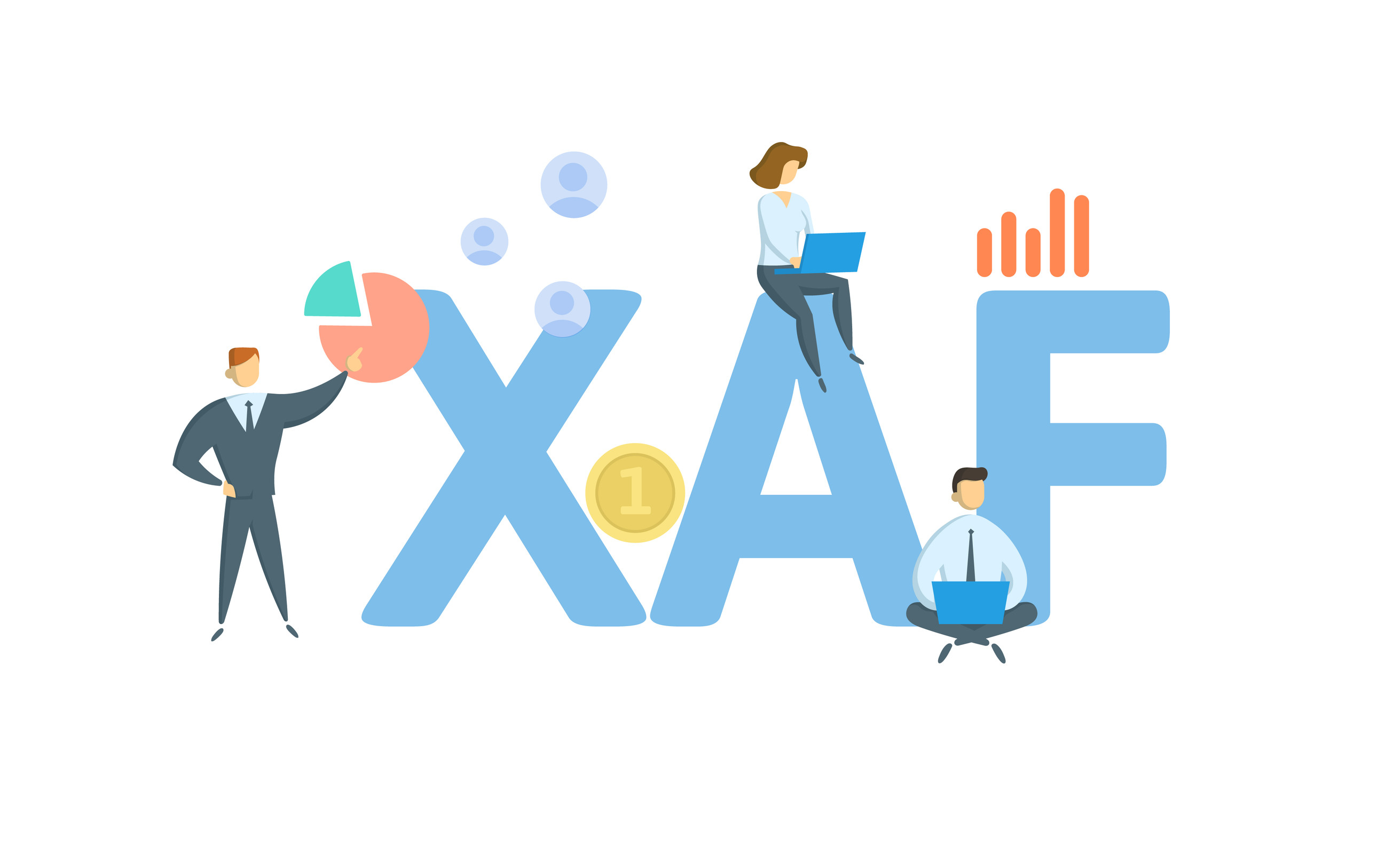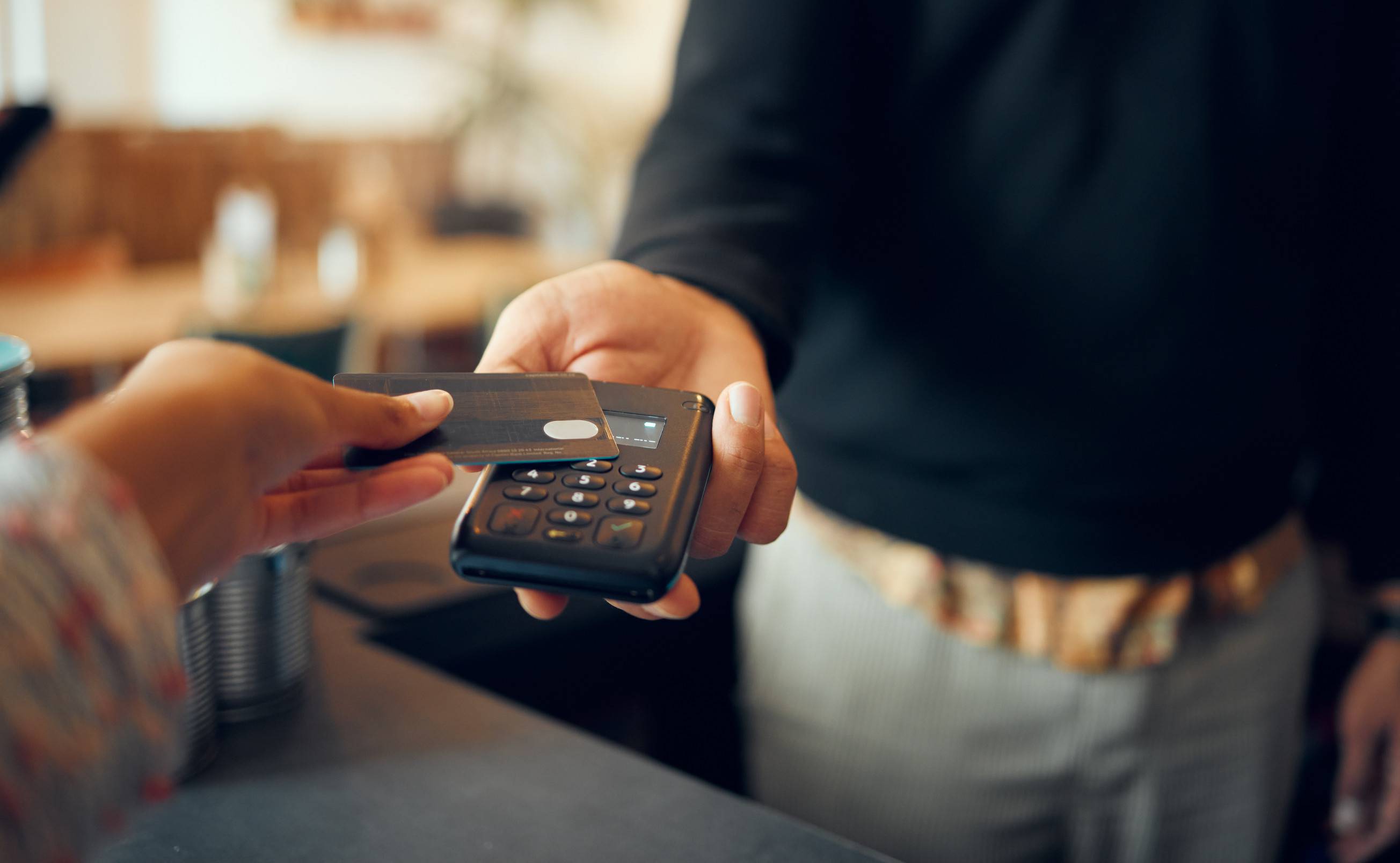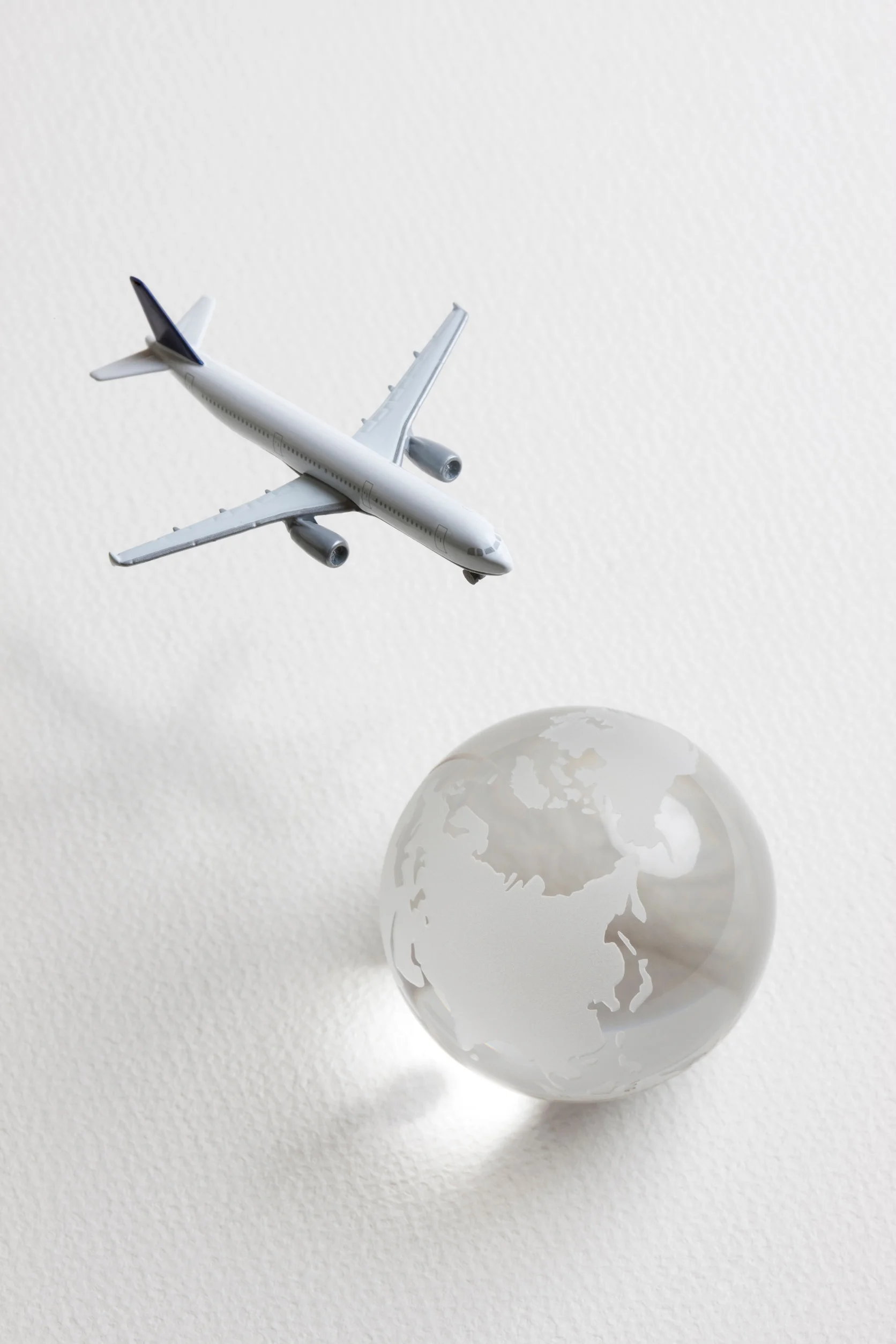A Traveler's Guide to Currencies & Payments in Cameroon

Getting around a new country isn't just about maps and transportation—it’s also about knowing how money works. If you're heading to Cameroon, getting familiar with the currency, payment options, and how locals typically handle transactions can make your trip a whole lot smoother. While cities like Douala and Yaoundé do have some modern conveniences, don’t expect to swipe your card everywhere—cash is still the go-to for most things. One day you might be haggling over souvenirs in a bustling market, and the next, sending money via mobile phone for a local tour. Knowing what to expect helps you avoid surprises and makes it easier to connect with the rhythm of daily life in Cameroon.
What is the Official Currency of Cameroon? – Understanding the Central African CFA Franc (XAF)
Cameroon’s official currency is the Central African CFA Franc, abbreviated as XAF. You’ll see it everywhere—from market stalls to hotel receipts. Originally, “CFA” stood for Colonies Françaises d’Afrique, but today it means Communauté Financière Africaine—reflecting its modern role in Central Africa.
The XAF isn’t unique to Cameroon—it’s shared by five other countries in the region: Chad, the Central African Republic, Republic of the Congo, Equatorial Guinea, and Gabon. All of them are part of the Economic and Monetary Community of Central Africa (CEMAC).
One thing travelers love about the CFA franc? It’s pegged to the Euro, with a fixed exchange rate since 1999. That means fewer surprises when converting prices—especially if you’re coming from Europe. It brings a sense of stability that’s really helpful when budgeting your trip.
CFA Franc vs West African Franc – Don’t Get Confused!
It's a common point of confusion for travelers, but there are two distinct CFA francs:
- Central African CFA Franc (XAF): Used in Cameroon and the other five CEMAC countries.
- West African CFA Franc (XOF): Used in eight West African countries (Benin, Burkina Faso, Côte d'Ivoire, Guinea-Bissau, Mali, Niger, Senegal, Togo) that are members of the West African Economic and Monetary Union (UEMOA).
Crucially, these two currencies are not interchangeable. While both are pegged to the Euro, XAF cannot be used in XOF countries, and vice versa. Always ensure you are dealing with XAF when in Cameroon.
Understanding XAF Banknotes and Coins: A Visual Guide for Tourists
Familiarizing yourself with the denominations will help you manage your cash transactions.
Banknotes: XAF banknotes are issued by the Bank of Central African States (BEAC) and come in denominations of:
- 500 XAF
- 1,000 XAF
- 2,000 XAF
- 5,000 XAF
- 10,000 XAF The banknotes feature various national symbols, wildlife, and cultural motifs of the CEMAC region. The 5,000 XAF and 10,000 XAF notes are common for larger transactions, while smaller notes are useful for everyday purchases.
Coins: XAF coins are issued in denominations of:
- 1 XAF
- 2 XAF
- 5 XAF
- 10 XAF
- 25 XAF
- 50 XAF
- 100 XAF
- 500 XAF The 1, 2, and 5 XAF coins are less commonly seen in daily use for small purchases, as prices are often rounded. The 50 XAF, 100 XAF, and 500 XAF coins are very common.
What Travelers Should Know about Currency Exchange in Cameroon Before Arrival
While Cameroon is a cash-heavy society, it's generally not recommended to arrive with no local currency at all. Having a small amount of XAF for initial expenses (taxi from the airport, a quick snack) can be very helpful. However, the best exchange rates are usually found within the country rather than your home country.
Where to Exchange Money Safely in Cameroon: Banks, Forex Bureaus & Hotels
Figuring out where to change money in a new country can be a bit nerve-wracking—especially if you're worried about getting ripped off. In Cameroon, there are a few reliable options, and knowing where to go can save you time, stress, and possibly some cash.
- Banks: If you want to play it safe, head to a bank. Big names like Afriland First Bank, Société Générale Cameroun, Commercial Bank Cameroon (CBC), and Ecobank all handle currency exchange. Just bring your passport, and be ready for a bit of a wait—banks can be slow, and queues aren’t uncommon. But the rates are fair, and your money’s in safe hands.
- Forex Bureaus (Exchange Houses): These can sometimes offer slightly better rates than banks, especially in larger cities like Douala or Yaoundé. Just make sure you're dealing with a licensed bureau in a reputable location. And always count your money carefully before leaving the counter—mistakes can happen.
- Hotels: Many larger hotels offer on-site currency exchange, which can be super convenient right after you arrive. That said, the rates usually aren’t the best. It's fine for changing a bit of cash to get started, but not ideal for bigger amounts.
- Informal Money Changers: You might come across people on the street offering to exchange money. No matter how tempting the rate sounds, don’t do it. The risk of getting scammed, receiving fake bills, or even being robbed is just too high. Stick to official channels—it's not worth the gamble.
Should You Bring USD or EUR to Cameroon? – Best Foreign Currencies to Carry
Given the fixed peg, the Euro (€) is the most convenient and widely accepted foreign currency for exchange in Cameroon. You will generally get the best rates for Euros.
- Euros (€): Highly recommended.
- US Dollars (USD): Also widely accepted for exchange, but the conversion rate might be slightly less favorable than for Euros, and some smaller exchange points might prefer Euros.
- Other Major Currencies: Currencies like the British Pound (GBP) or Canadian Dollar (CAD) can be exchanged at major banks, but the rates will likely be less competitive, and smaller bureaus may not accept them.
Bring clean, undamaged, relatively new banknotes (e.g., post-2006 for USD) as older or damaged notes might be refused or exchanged at a lower rate.
How to Avoid Counterfeit Money in Cameroon
Counterfeit money can be an issue, especially with larger denominations.
- Be Vigilant: Always check notes received, especially 5,000 XAF and 10,000 XAF.
- Feel the Texture: Real banknotes have a distinct texture.
- Watermarks and Security Threads: Hold notes up to the light to check for watermarks and security threads.
- Holograms: Larger notes often have holograms or color-changing features.
- Source Your Currency Safely: Exchange money only at reputable banks or licensed forex bureaus. Avoid street vendors offering "too good to be true" rates.
Can You Use Foreign Currency in Cameroon? (Spoiler: No)
In most cases, no, you can’t use foreign currency for your day-to-day spending in Cameroon. A few high-end hotels or tour companies might take USD or Euros, but that’s rare—and you’ll probably get a poor exchange rate. For just about everything else—meals, taxis, shopping, or market buys—you’ll need to pay in Central African CFA Francs (XAF). So it’s best to exchange your cash as soon as you arrive and keep some local currency handy.
Using Debit and Credit Cards in Cameroon: What Works and What Doesn’t

Using cards in Cameroon is possible—but don’t count on it everywhere. In big cities like Yaoundé and Douala, card acceptance is slowly improving, but cash is still king, especially outside urban centers.
Where cards usually work:
- Major hotels (especially international chains) almost always take Visa or Mastercard.
- Large supermarkets in cities like Super U or Carrefour may accept card payments.
- High-end restaurants and shops in city centers might have working card terminals.
- Some modern fuel stations also support card transactions.
Where card usually don’t work: Small shops and boutiques, local markets and roadside stalls, neighborhood restaurants and cafés, most taxis and public transportation and rural towns and remote areas
Pro tip: Even when a place should accept cards, machines might be offline, out of paper, or simply “not working today.” Always carry enough cash as a backup—you’ll thank yourself later.
Which ATMs Accept International Cards in Cameroon?
ATMs are relatively easy to find in major cities and towns across Cameroon, especially if you’re spending time in places like Douala, Yaoundé, or Buea. You’ll come across them at local banks, shopping centers, and even at some larger fuel stations. For the best chances of success with international cards, stick to ATMs operated by major banks like Société Générale Cameroun, Afriland First Bank, Ecobank, or Commercial Bank Cameroon (CBC)—they're the most reliable for Visa and Mastercard users. When using an ATM, look for logos like Visa, Mastercard, Plus, or Cirrus to make sure your card is accepted. Just keep in mind that both your home bank and the local ATM may charge fees, so it’s smart to withdraw larger amounts less often to cut down on charges. For safety, use ATMs inside bank branches or shopping malls during the day, and steer clear of isolated or poorly lit machines, especially at night.
Visa vs Mastercard in Cameroon: Which Is More Widely Accepted?
Both Visa and Mastercard are generally accepted—Visa tends to have a slight edge, especially at ATMs and larger merchants. But the difference isn’t massive. If you can, travel with both, just in case one network isn’t working or a specific machine prefers one over the other.
Can You Rely on Card Payments in Cameroon?
Short answer? No, not entirely. Cameroon is still very much a cash-based economy, and cards, while accepted in some places, won’t get you through your trip alone.
Where cards work (usually):
- Upscale hotels in big cities
- Some major supermarkets
- High-end restaurants and stores (mainly in Douala and Yaoundé)
Where cards don’t work (definitely bring cash):
- Local markets and street vendors
- Taxis and public transport
- Small shops and eateries
- Rural towns and villages
- Tips and bargaining situations
Always keep enough XAF in your wallet for daily spending. You’ll need it more often than not—and it makes everything smoother, especially in less-developed areas.
Mobile Money in Cameroon: MTN Mobile Money & Orange Money Explained
Mobile Money is incredibly popular and widely used by locals in Cameroon. The two dominant services are:
- MTN Mobile Money: Operated by the MTN telecom provider.
- Orange Money: Operated by the Orange telecom provider.
These services allow users to send and receive money, pay bills, buy airtime, and even make some retail purchases directly from their mobile phones via USSD codes. It functions like a digital wallet linked to a phone number.
Can Tourists Use Mobile Money in Cameroon? A Practical Guide
Yes, but with limitations and a learning curve.
- Local SIM Card Required: To use MTN Mobile Money or Orange Money, you generally need a local MTN or Orange SIM card registered in your name. This requires a valid ID (passport).
- Topping Up: You can top up your mobile money account with cash at designated agents (small shops displaying Mobile Money signs).
- Sending/Receiving: Once topped up, you can send money to other mobile money users. Many small businesses, taxi drivers, and informal vendors accept mobile money payments.
- Practicality for Tourists: While possible, setting up a mobile money account for a short trip might be more hassle than it's worth unless you plan extensive stays in rural areas or are frequently dealing with vendors who prefer it.
- Best Use for Tourists: If you have a local friend or contact, they might be able to facilitate payments for you via mobile money, or you can use it to pay local services if you become comfortable with the system.
Digital Payment Trends in Cameroon – Is the Country Going Cashless?
While mobile money is booming, Cameroon is not going cashless anytime soon. The reliance on cash is deeply ingrained in the economy, especially in informal sectors and rural areas. Digital payments primarily serve as a convenient way to transfer money between individuals and for small-value transactions rather than entirely replacing physical cash. Tourists should always prioritize cash for most transactions.
How Much Cash Should You Carry Daily in Cameroon?
How much cash you should carry in Cameroon really depends on your travel style and where you’re headed. If you're a budget traveler, sticking to simple accommodations, eating at local joints, and using public transport like buses or moto-taxis, your daily expenses will be on the lower side. You'll mostly need cash for meals, transport fares, and small purchases in markets or roadside stalls where card payments aren't an option.
If you're traveling mid-range, staying in comfortable hotels, dining at nicer restaurants, and taking regular taxis or hiring private transport, you’ll naturally spend a bit more. Many of these places still prefer cash, and even when cards are technically accepted, payment systems can be down or unreliable.
As a general rule, it’s a good idea to carry enough cash to cover at least two to three days of expenses, especially if you’re planning to head into rural areas or smaller towns where ATMs are few and far between—or may not be functioning at all. Divide your cash into smaller and larger denominations and keep them in separate spots so you’re not pulling out big bills for every little expense. Having smaller notes on hand makes it easier to pay for taxis, tips, and market purchases without hassle.
Tipping Etiquette in Cameroon: Who, When, and How Much?

Tipping is appreciated but generally not obligatory in Cameroon.
- Restaurants: If service charge is not included, a tip of 5-10% for good service is appropriate.
- Hotel Staff: XAF 1,000 - 2,000 for porters or housekeepers for good service.
- Taxi Drivers: Not usually expected, but rounding up the fare is common or giving an extra XAF 100-200 if they were particularly helpful.
- Tour Guides: Highly recommended, especially if they provide excellent service. XAF 5,000 - 15,000 per day (or more for multi-day tours) depending on the quality of service and duration.
- Parking Attendants/Guards: A few hundred XAF (XAF 100-500) is appreciated.
- Always Tip in Cash: Local currency is always preferred.
Haggling & Bargaining in Cameroon Markets: How to Do It Right
Haggling is an expected and enjoyable part of shopping in local markets and with informal vendors.
- Embrace It: Don't be afraid to bargain. It's part of the cultural interaction and not seen as rude.
- Start Low: A common strategy is to start by offering half of the initial asking price and negotiate up from there.
- Be Friendly: Keep a positive attitude and a smile.
- Know Your Limit: Decide what you're willing to pay and be prepared to walk away if the price isn't right. Often, the vendor will call you back.
- Don't Overdo It: For very small purchases, haggling might not be worth the effort.
Avoiding Currency Scams & Pickpocketing in Busy Tourist Areas
- Be Aware: Stay vigilant in crowded markets, bus stations, and public transport. These are common spots for pickpockets.
- Secure Your Valuables: Use a money belt or a secure cross-body bag. Avoid carrying large sums of cash in one place.
- Distraction Techniques: Be wary of people trying to distract you. One person distracts while another picks your pocket.
- Counting Money: Be discreet when counting money in public.
- Unofficial Money Changers: Avoid them entirely. They are a significant source of counterfeit currency and scams.
- Bargaining: Engage in friendly bargaining, but be cautious of overly aggressive vendors who might try to confuse you or shortchange you.
Is It Safe to Use ATMs in Cameroon? Tips for Tourists
Using ATMs in Cameroon is generally safe if you follow precautions, but it's not risk-free.
- Location, Location, Location: Prioritize ATMs located inside bank branches, inside large supermarkets, or in well-lit, secure areas. Avoid isolated or poorly lit ATMs, especially at night.
- Check the Machine: Before inserting your card, quickly check the card slot and keypad for any signs of tampering (skimmers).
- Cover Your PIN: Always shield the keypad with your hand when entering your PIN.
- Be Aware of Your Surroundings: If you notice anyone loitering or acting suspiciously, choose another ATM.
- Go During Business Hours: If possible, use ATMs during bank operating hours so you can go inside if you encounter an issue.
- Notify Your Bank: Inform your bank of your travel dates to Cameroon to prevent your card from being flagged for suspicious activity.
What Payment Methods Are Accepted at Hotels, Restaurants, and Tours in Cameroon?
Knowing what payment methods are accepted can help you avoid awkward situations or missed bookings. Here's a quick guide to what you can expect across different types of establishments in Cameroon:
|
Category |
Type |
Common Payment Methods |
|
Hotels |
Upscale / International Chains |
Credit cards (Visa, MasterCard), XAF cash, some accept USD/EUR at their own exchange rates. |
|
|
Mid-Range Hotels |
Mostly XAF cash; some accept credit cards. |
|
|
Budget / Local Guesthouses |
Almost always XAF cash only. |
|
Restaurants |
High-End / Tourist-Oriented |
Credit cards (Visa, MasterCard) and XAF cash. |
|
|
Mid-Range & Local Eateries |
Primarily XAF cash; some accept mobile money (MTN or Orange Money). |
|
Tours & Tour Guides |
Established Tour Operators |
Credit cards (online or in person), bank transfers, XAF cash; prices may be quoted in USD/EUR. |
|
|
Independent Guides / Small Ops |
Mostly XAF cash or mobile money. |
How to Pay for Transportation in Cameroon – Taxis, Buses, and Rideshares
Getting around in Cameroon is pretty straightforward, but cash is almost always the rule, not the exception. Here’s what you need to know about paying for different types of transport:
- Taxis: Regular taxis are widely available in cities and towns, and you'll need to pay in XAF cash. Fares aren’t metered, so it’s common—and expected—to negotiate the price before you hop in. Always keep small bills or coins on hand to avoid issues with change.
- Inter-city Buses: If you're traveling between cities (like Douala to Yaoundé), you’ll be using inter-city bus services. Tickets are purchased in person at the station, and payment is cash-only. It’s a good idea to arrive early, especially during weekends or holidays, when routes can get busy.
- Rideshares & Taxi Apps: Cameroon doesn’t have Uber, but a few local ride-hailing apps or informal driver networks operate in bigger cities. These may accept mobile money or cash, depending on the driver. Always confirm the payment method in advance to avoid confusion at drop-off.
- Motorbike Taxis (locally known as "Benskins"): These are a popular and fast way to zip around towns and neighborhoods. They're also cash-only, and like with taxis, you’ll want to agree on the fare before the ride. Benskins are cheap and convenient, but safety gear is often limited—so ride carefully!
By understanding these payment dynamics and being prepared with sufficient local currency, you can focus less on financial logistics and more on experiencing the vibrant culture and breathtaking landscapes of Cameroon.
Disclaimer: While this information was last updated in January 2026, we strongly suggest confirming all travel details with the appropriate governmental agencies, embassies, and airlines.
Applying for a Cameroon eVisa
- Step 1: Complete the online application form with your personal details and passport information.
- Step 2: Proceed to securely pay online using your credit card.
- Step 3: Check your email for payment confirmation and receipt of your Cameroon eVisa, which will be sent electronically.



